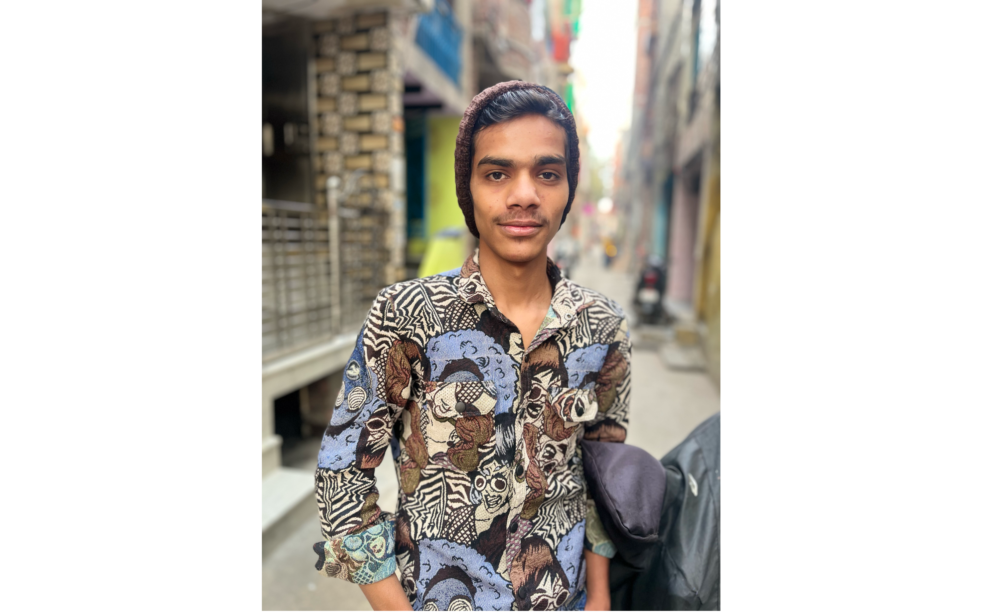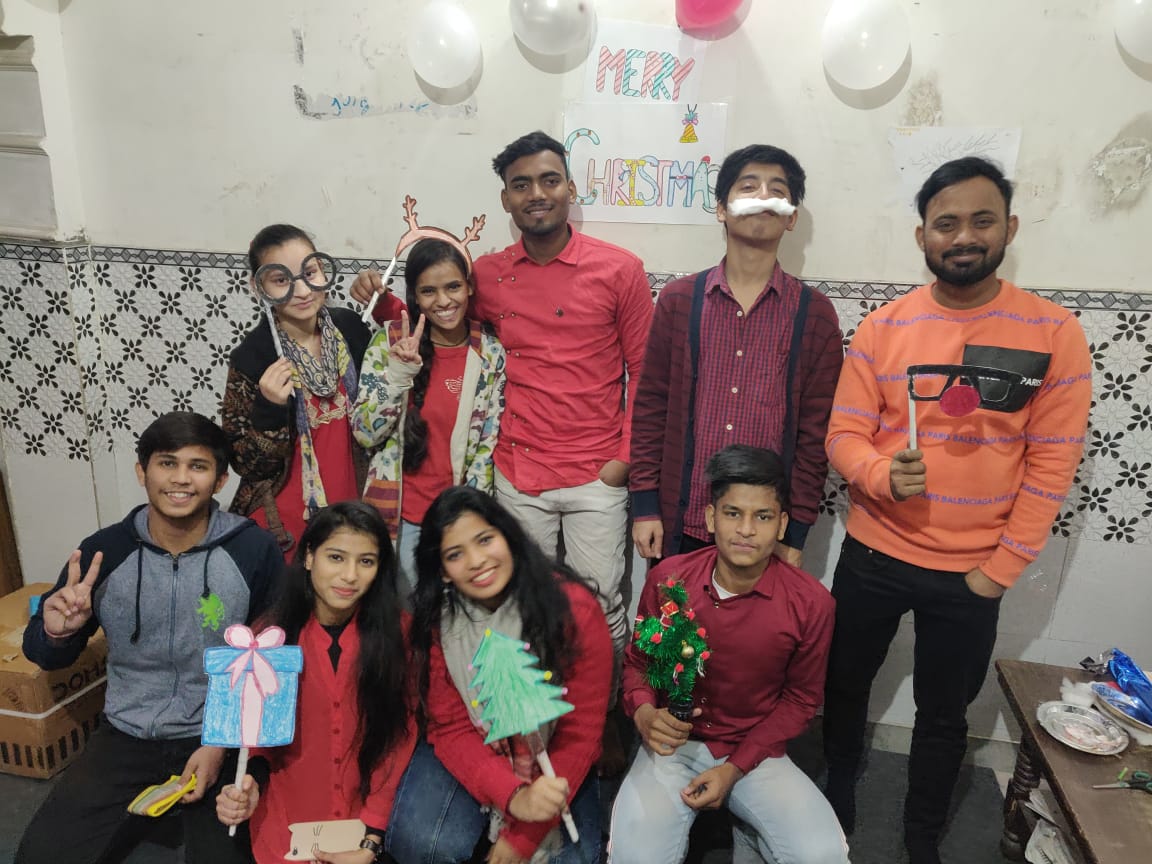Fardeen’s inspiring journey of transformation with FFEC
“Earlier I used to be a gully boy type. Ever since I joined FFEC NGO, a lot of improvements came within me.” Says Fardeen.
Fardeen is a young 17-year-old lad who loves vlogging. He is ambitious, determined and full of zeal. He completely ignored his studies and indulged in vlogging. To grow in the field of vlogging, he proceeded towards a media house in Gurugram but faced rejection due to his insufficient academic record. This rejection taught him the prestige of studies. After having a backdrop for consecutive two years, Fardeen is standing strong and pursuing his 10th.
Fardeen used to work part-time where he made beautiful and enchanting handcrafted items. He says creating the video required some amount of money as we have to travel. He bought his hard-earned camera so that he could deliver the best videos. The grit he has for videography cannot be defined in words. He created his own YouTube channel where he gained 700+ subscribers in no time. It was his commitment which brought him this plate of success. However, he realised his studies were being affected drastically. His two years of academics faced backdrops. At this moment, he realised that he had to prioritize his studies over vlogging. When he joined the Foundation For Equal Citizenship NGO, his point of view transformed. His marks surged incredibly and he became single-minded towards his studies.
Fardeen was a short-tempered boy. Joining hands with FFEC helped him overcome his anger issues. His nature became jolly, friendly and compatible.
Fardeen says “I am on break, I will not leave vlogging. My priority is to complete my studies.”
After his 12th he will continue fulfilling his dream of becoming a blogger and FFEC stands in support of him. Today, Fardeen is a changed boy who is devoted, strong and full of enthusiasm. He has plenty of dreams which he promised himself to paint in reality. His family supports him and has faith that Fardeen will shine with flying colours.



